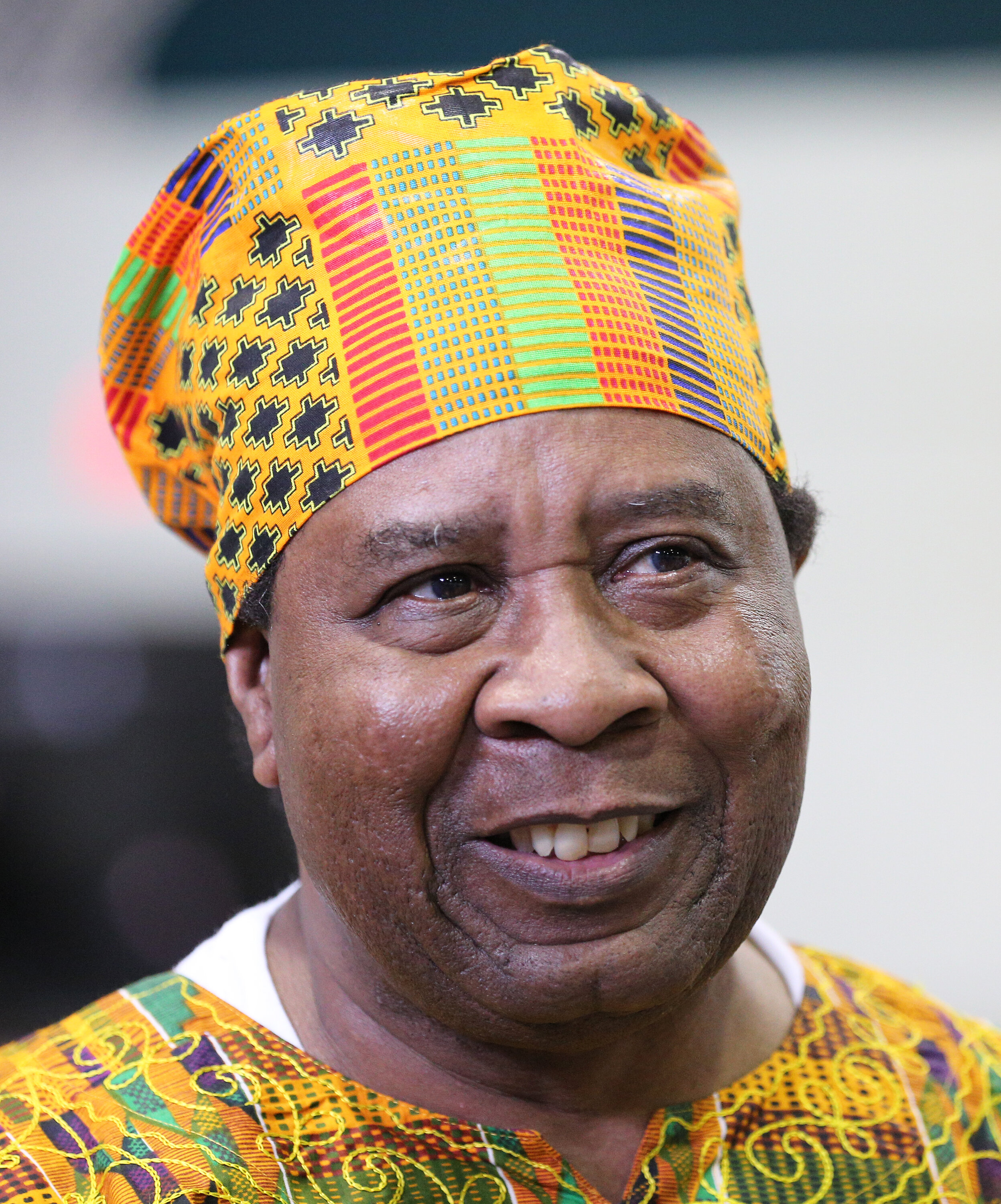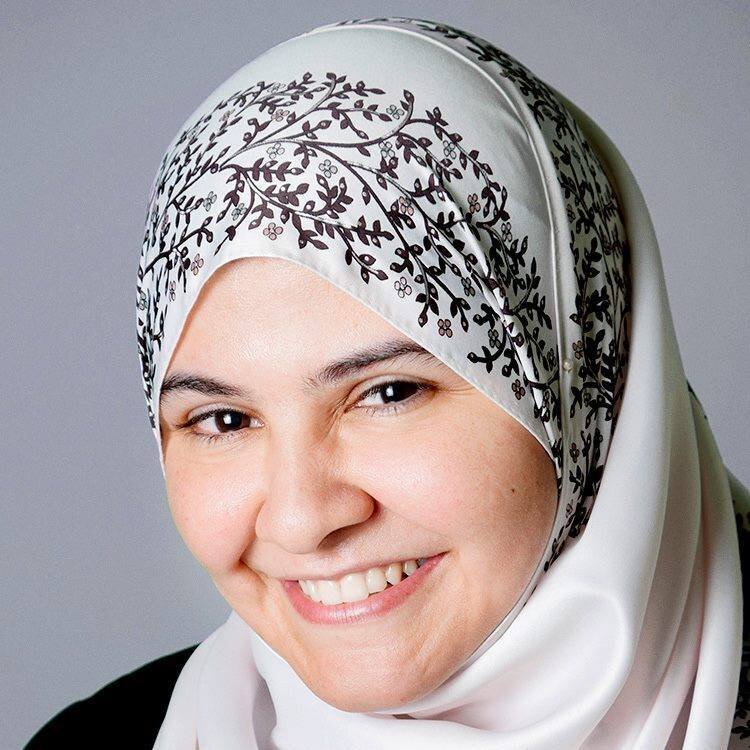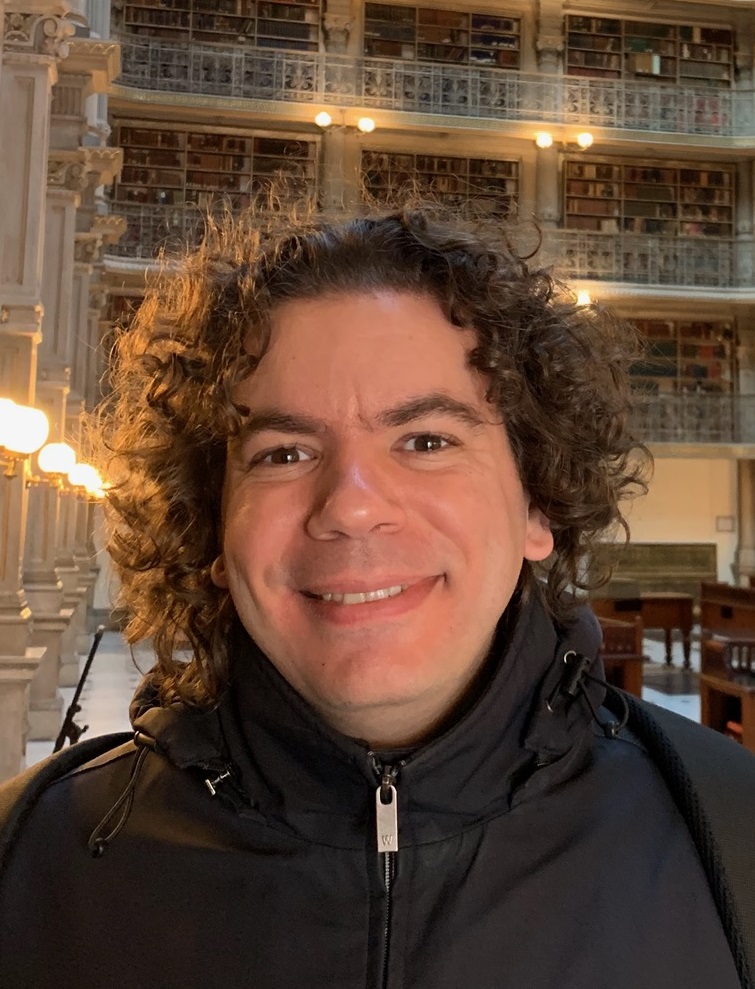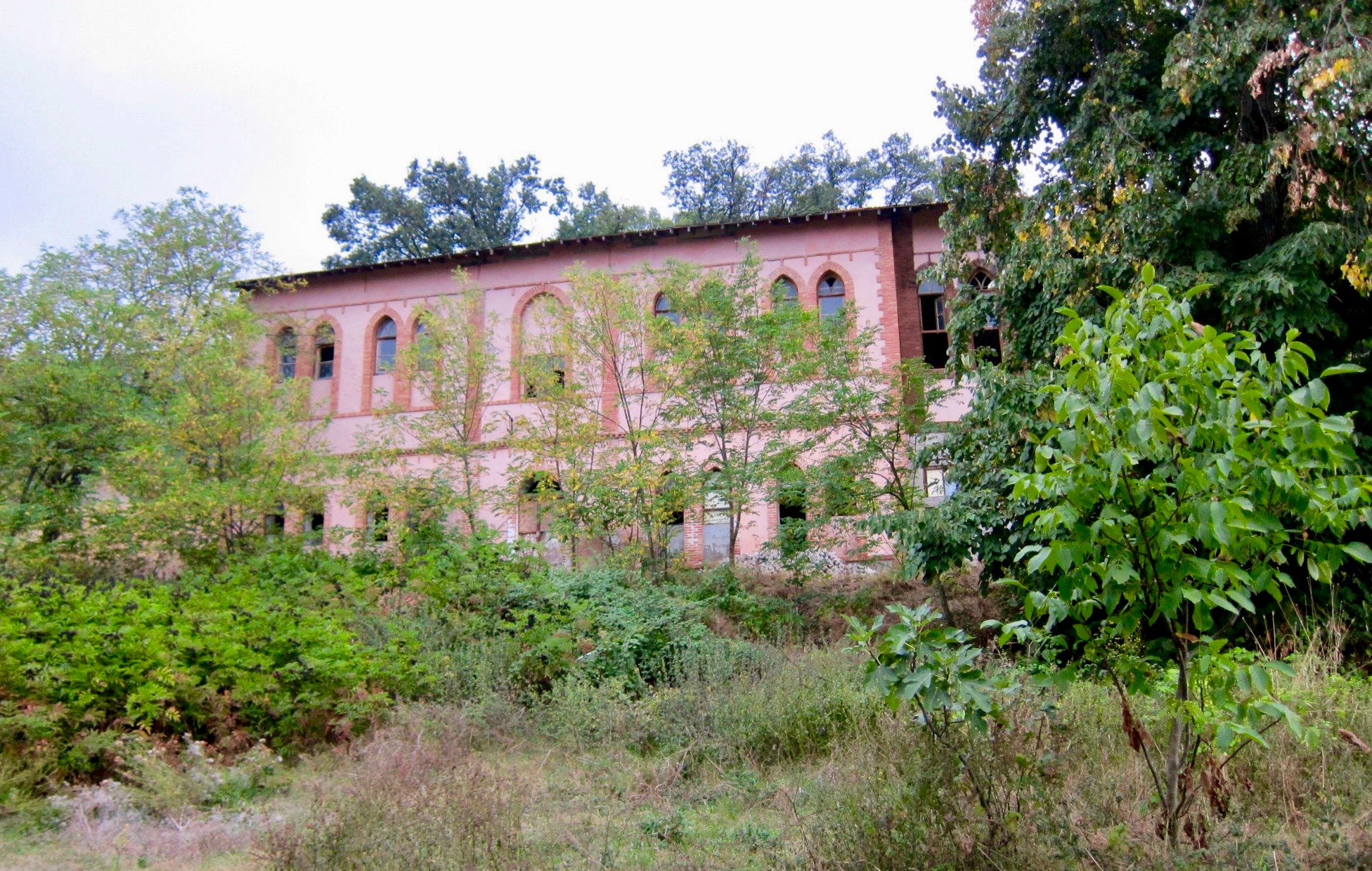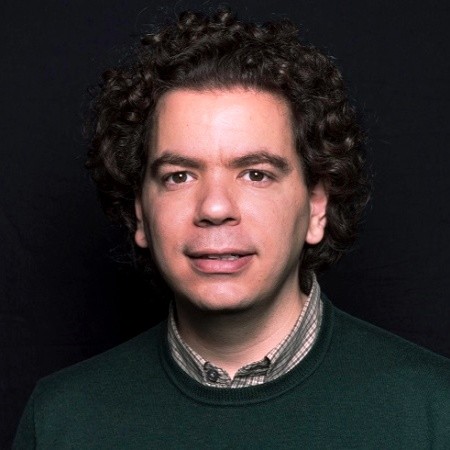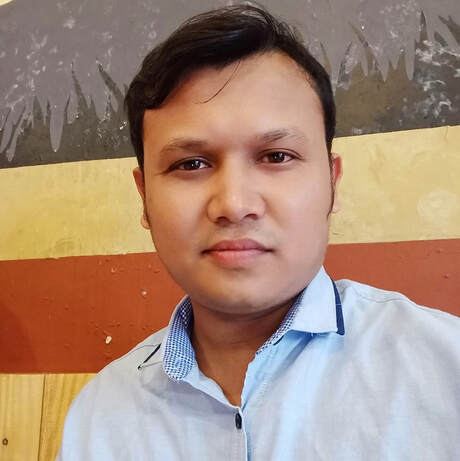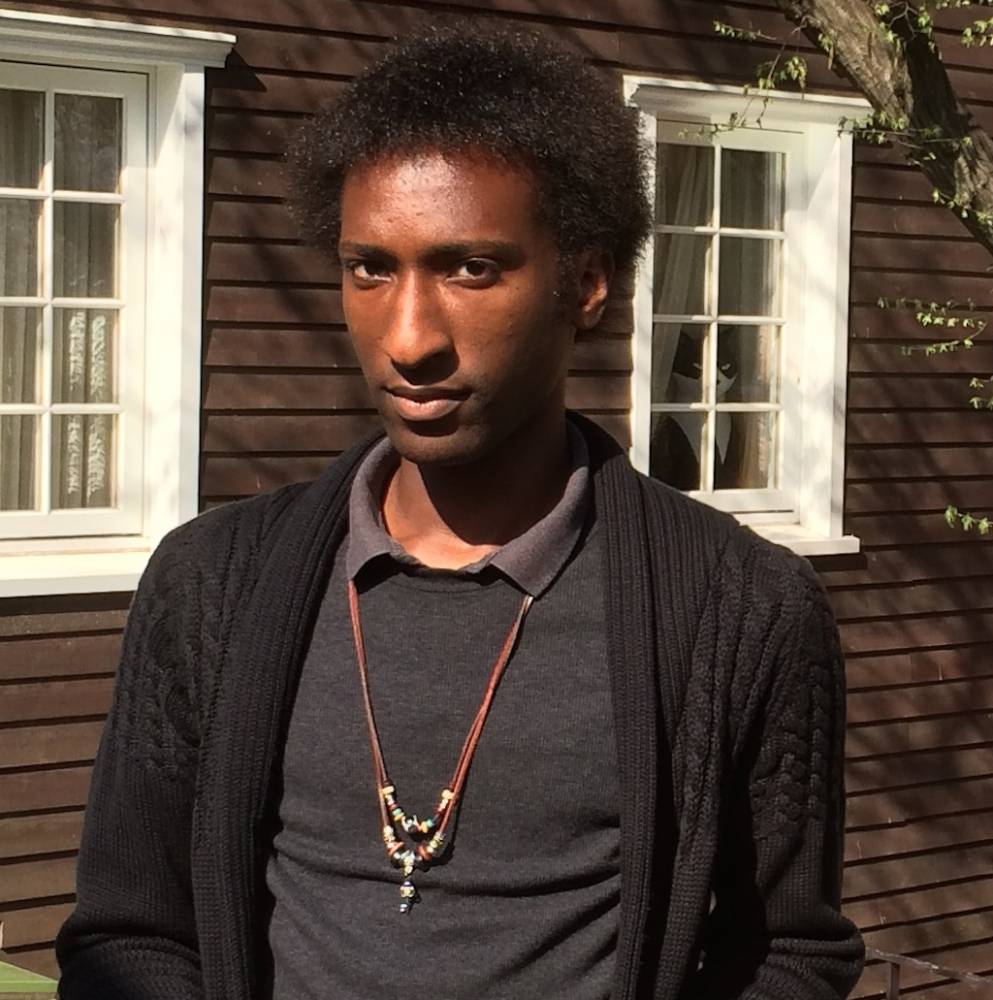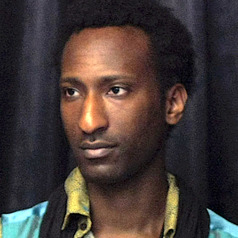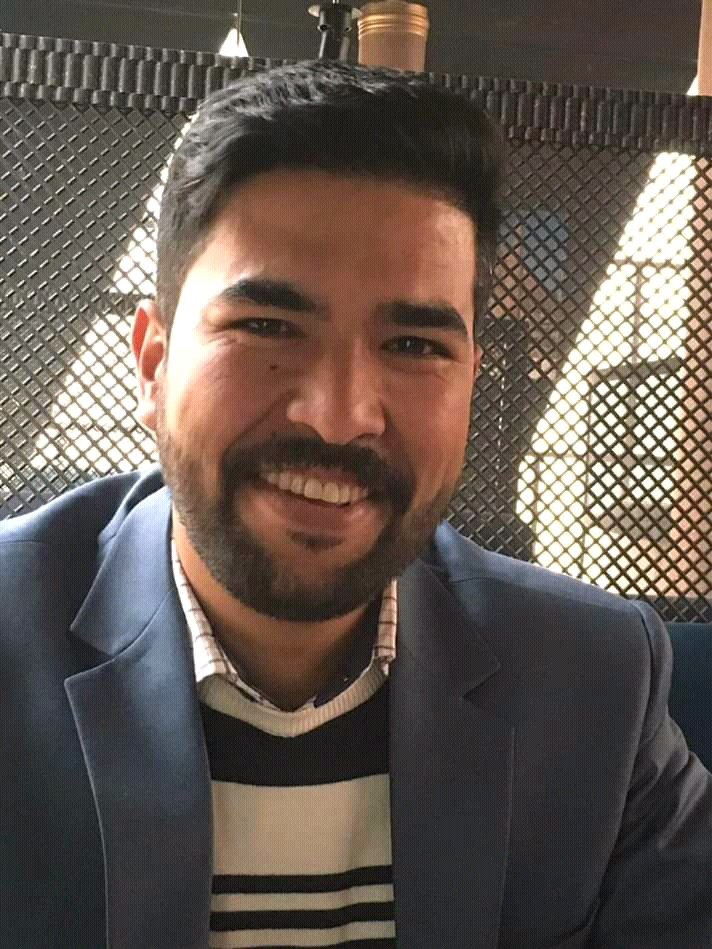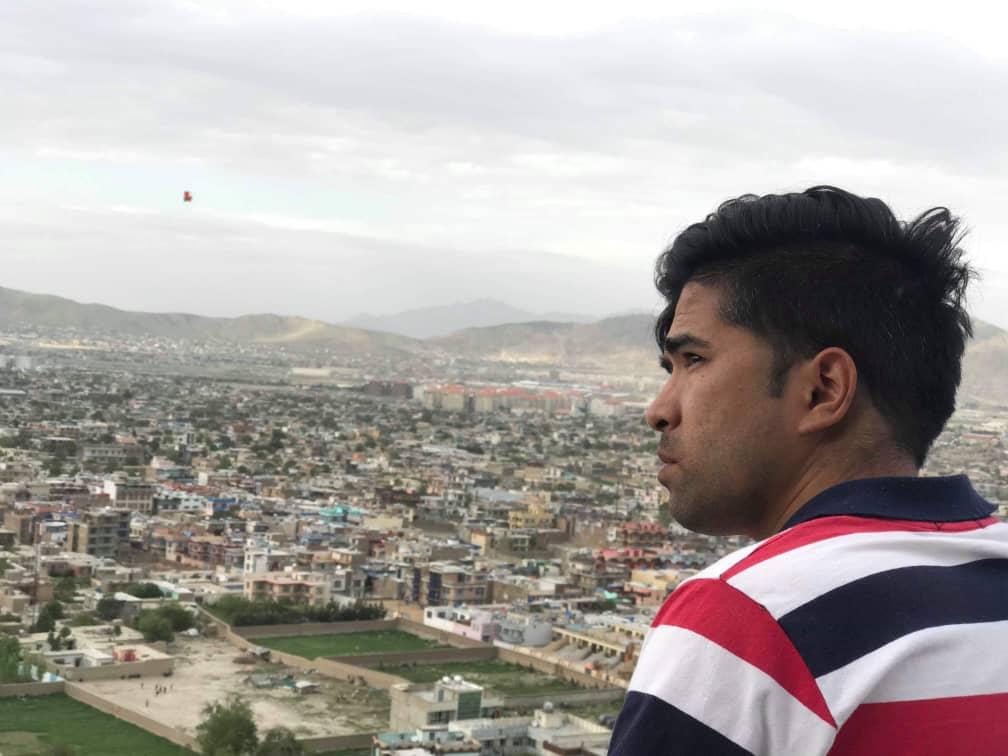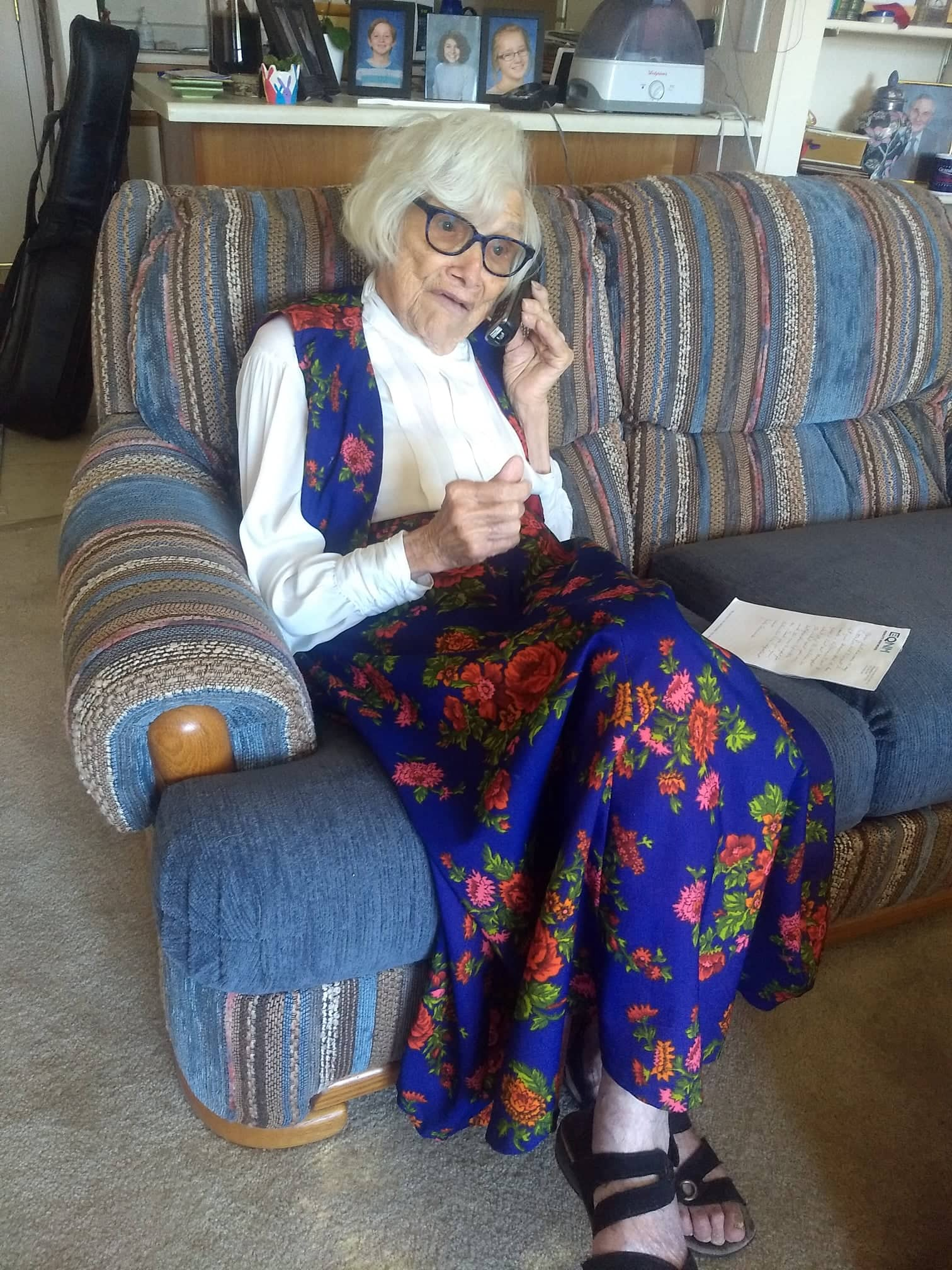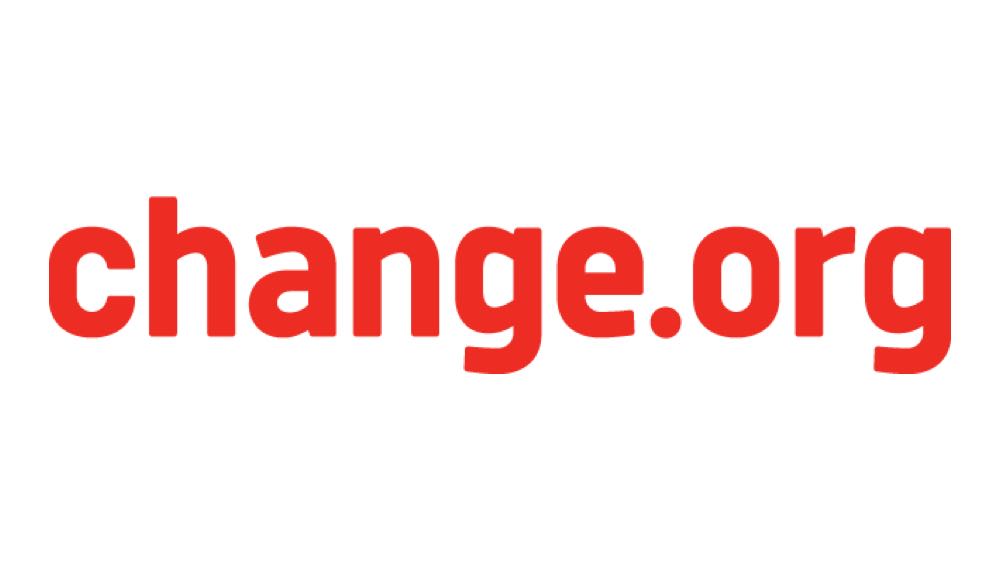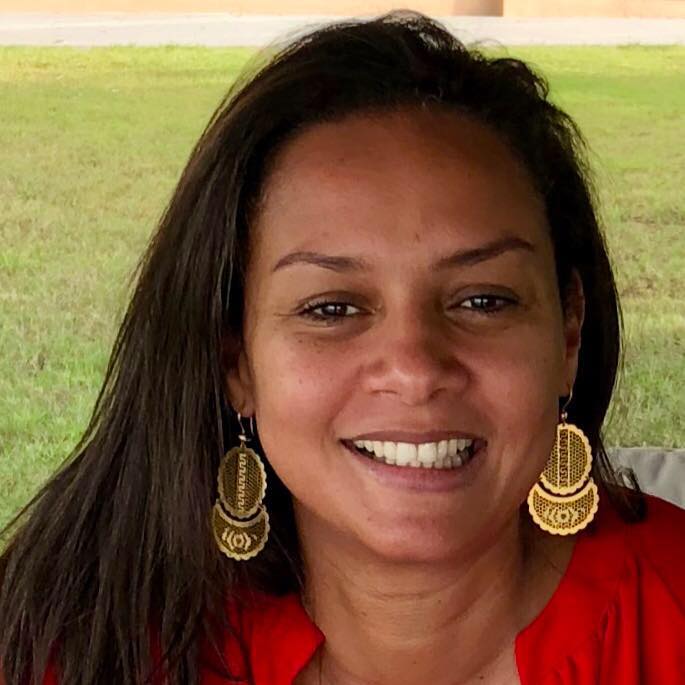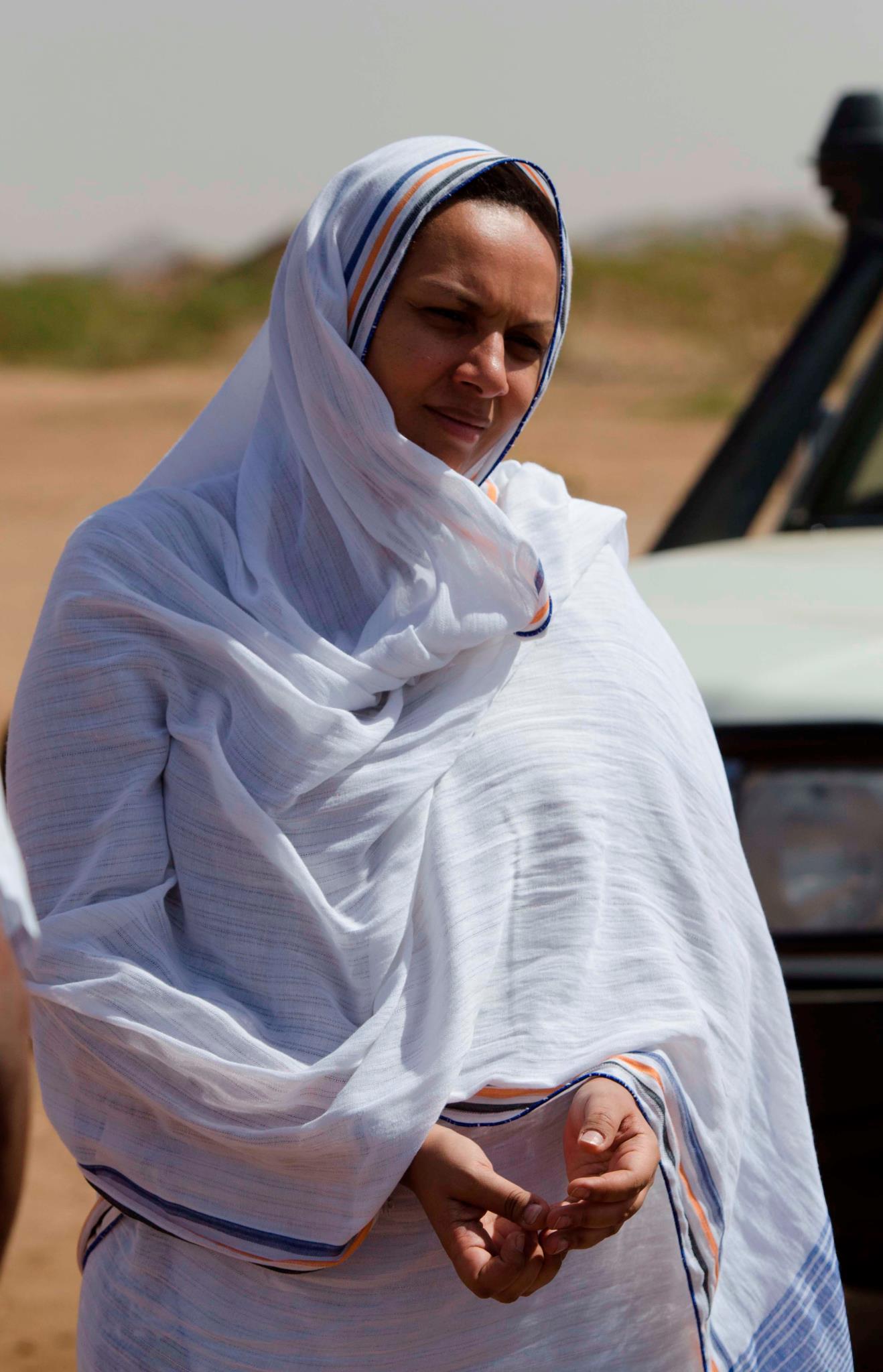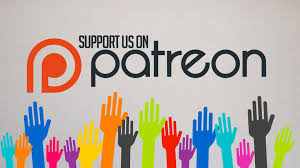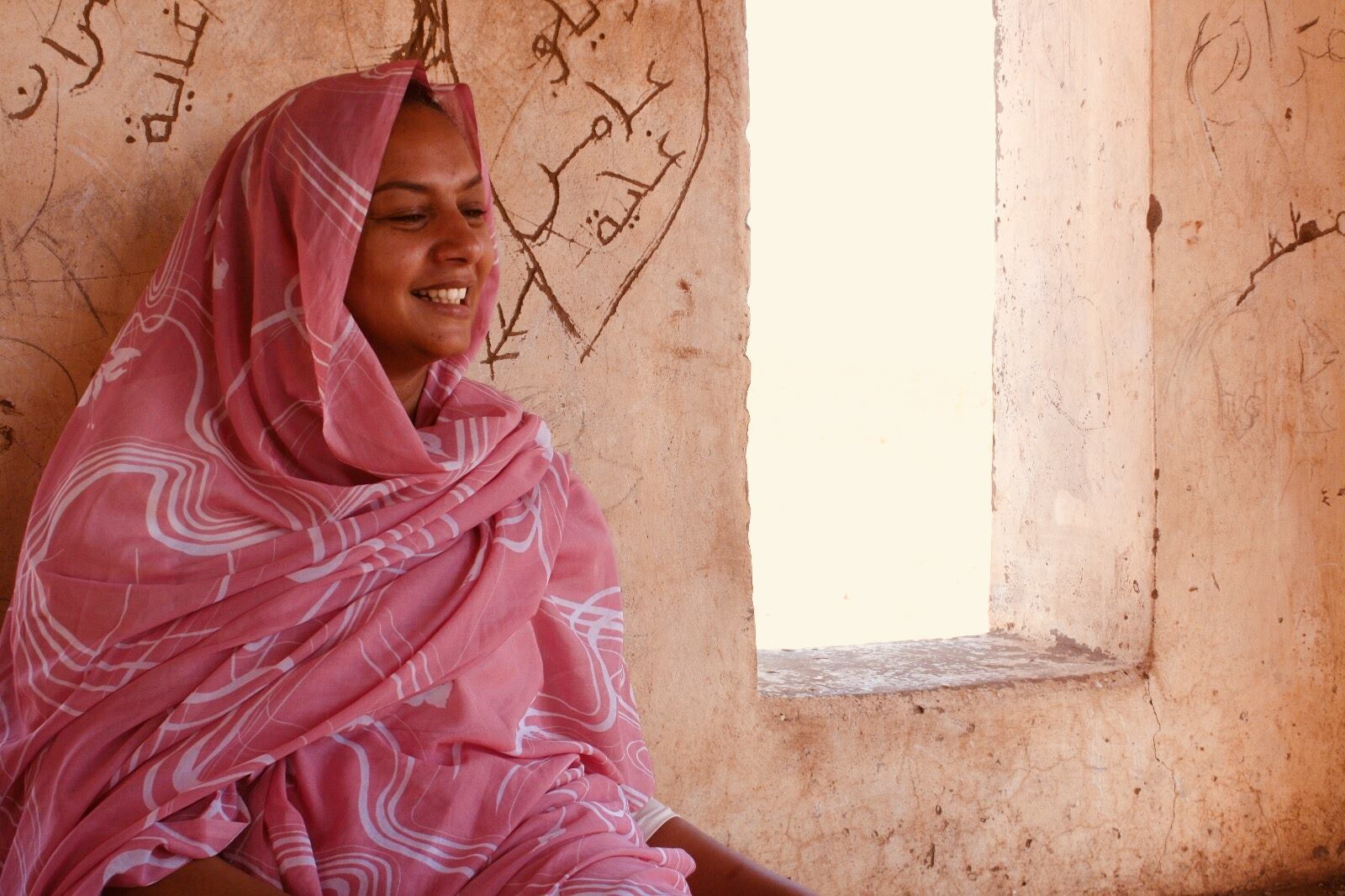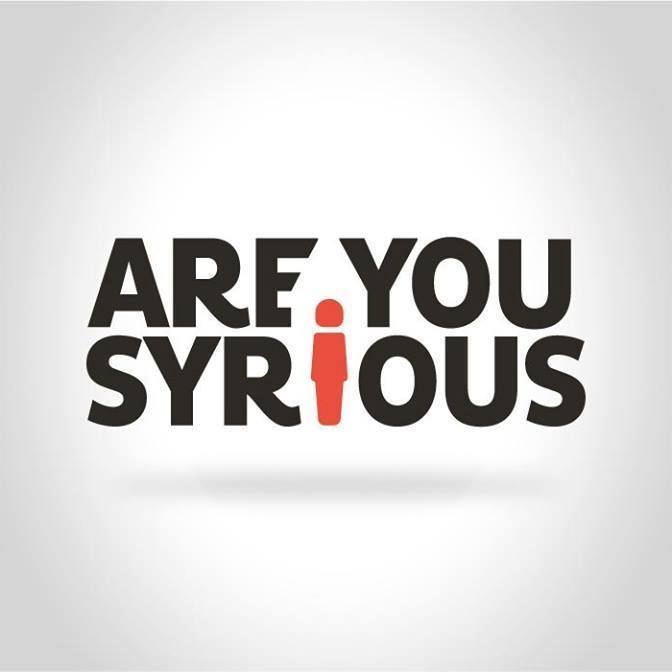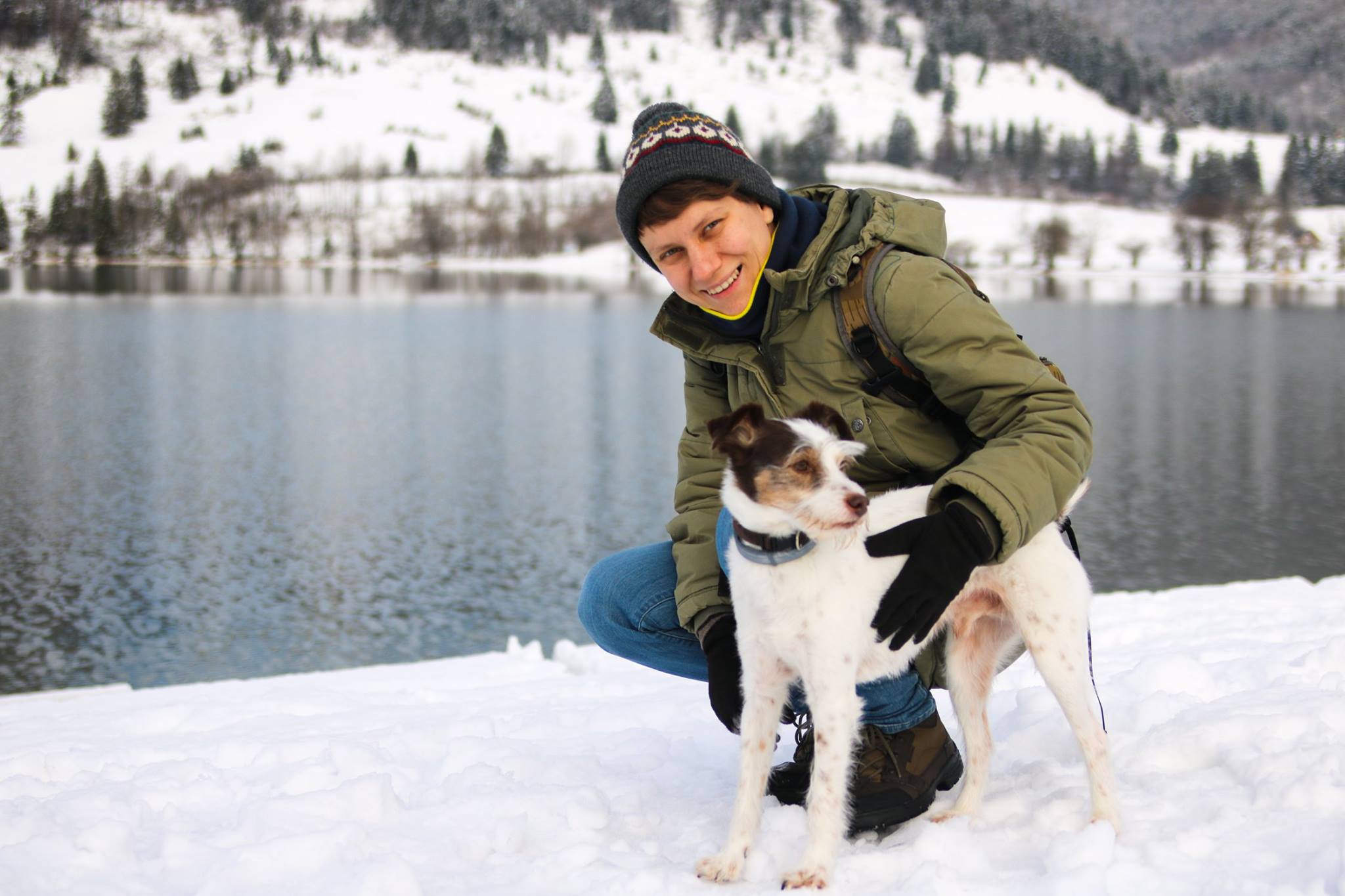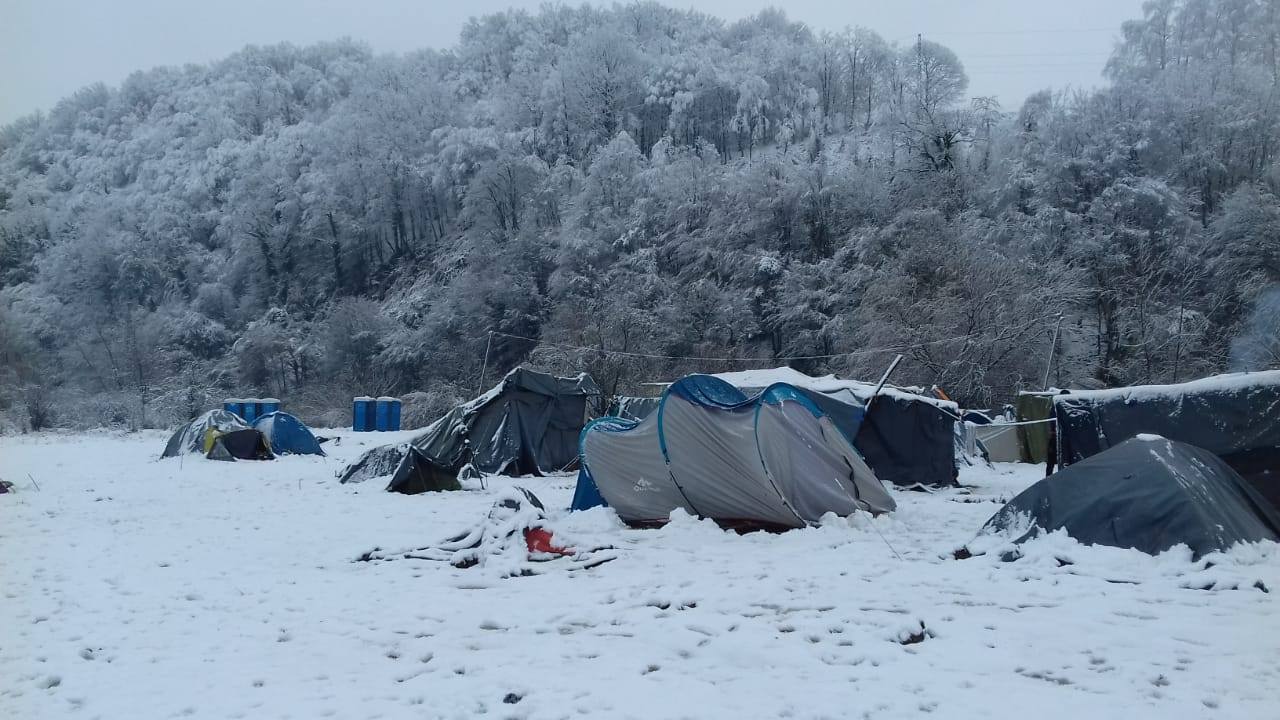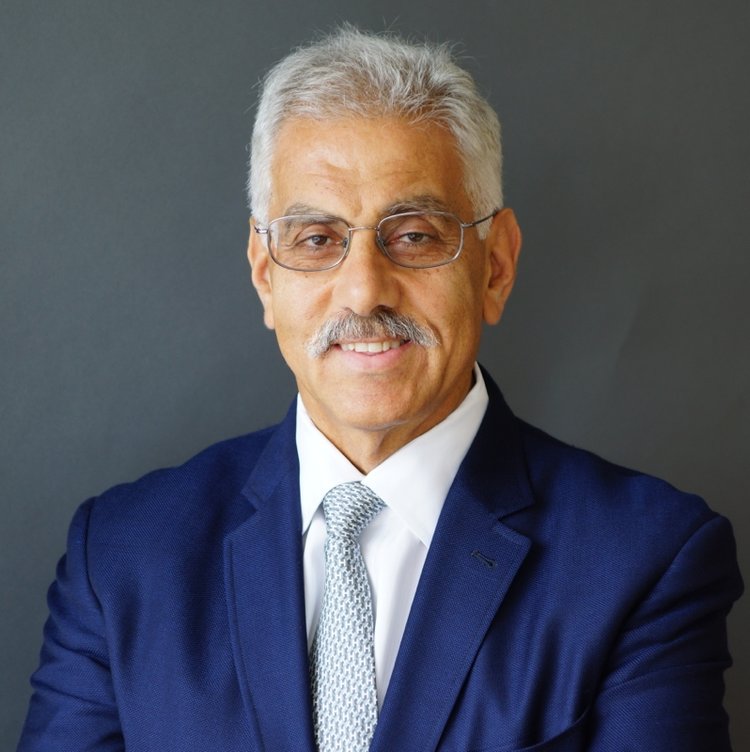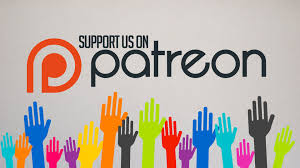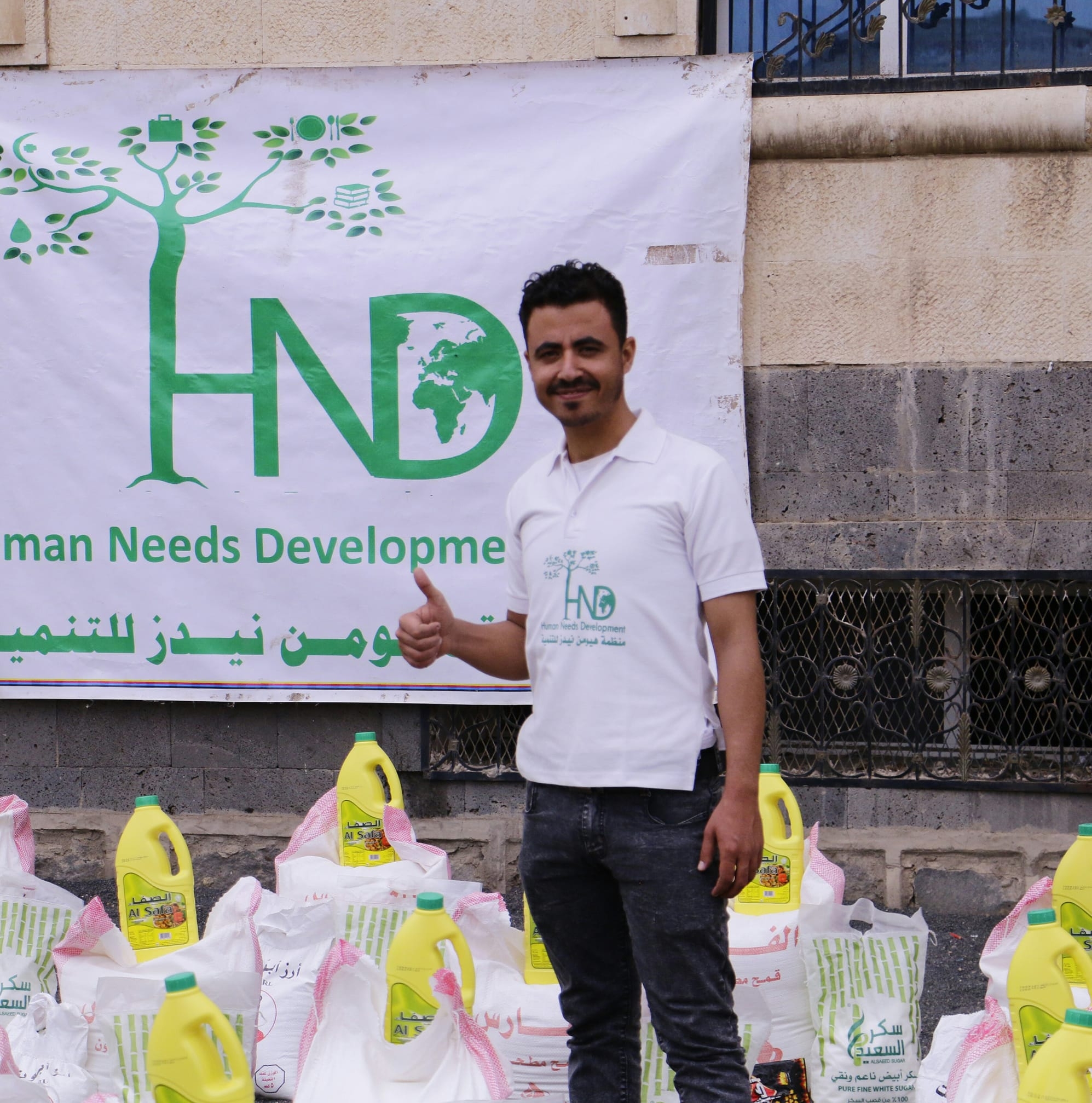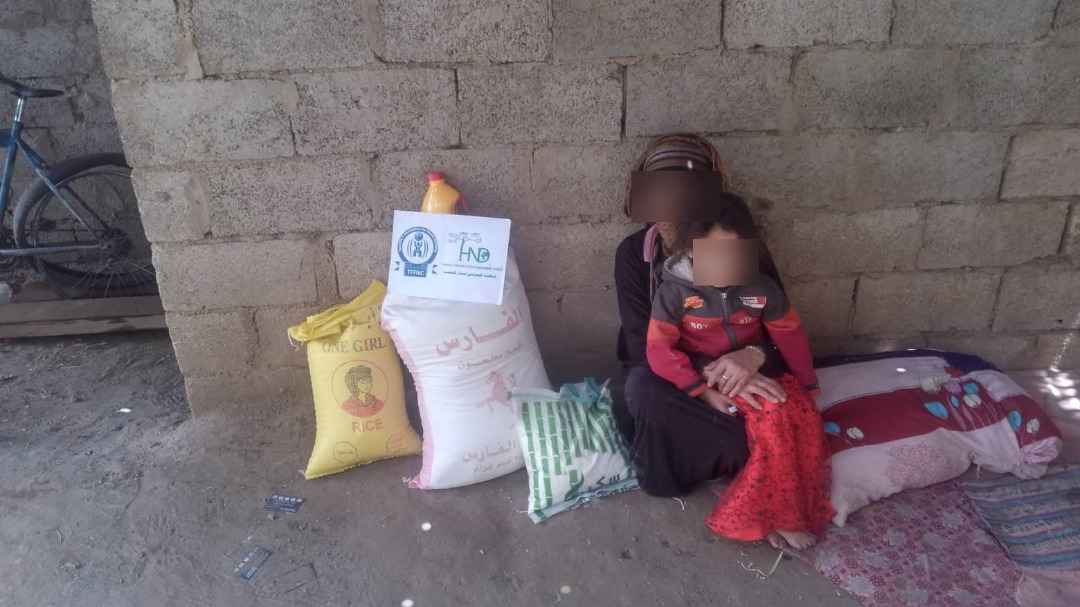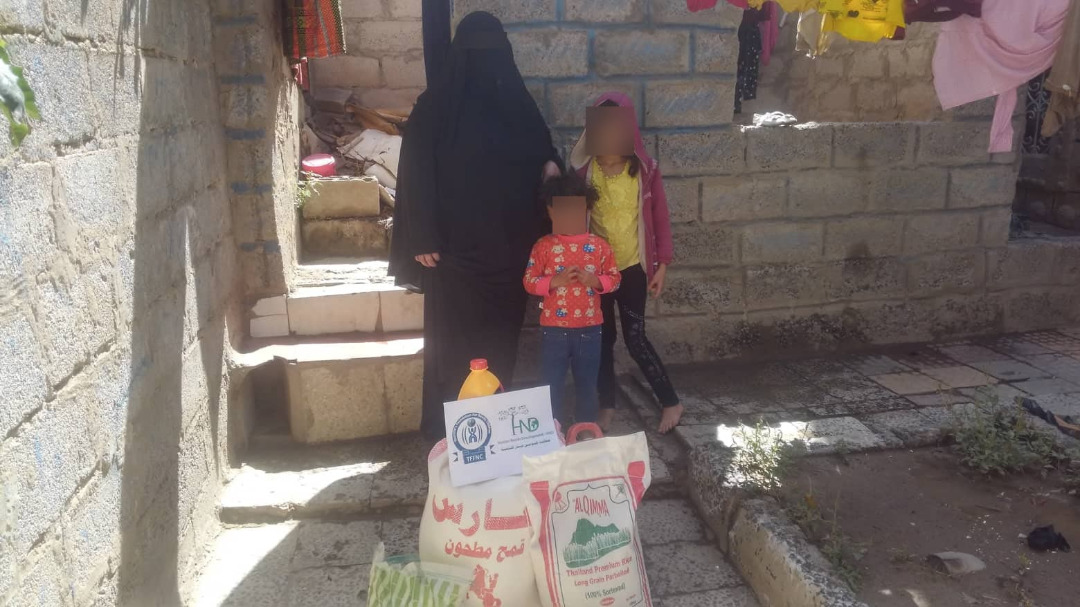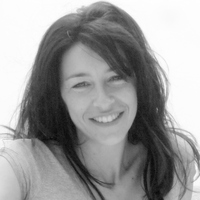We hear very little about the war that is taking place in Yemen, now in its fifth year. And we hear even less about the war from Yemenis themselves, and still less from those who remain Yemen. This episode represents a small effort to address this disparity.
Adel Hashem is the director of Human Needs Development in Sana’a, an organization that is working on the ground to deliver food, medical, and education support to the Yemeni people.
Though the war in Syria, and other regional conflicts have managed to grab headlines in recent years, Yemen has remained conspicuously underreported despite the fact that it has seen the largest cholera outbreak in recorded history, starvation, thousands of civilian casualties, widespread food insecurity amongst the majority of its population, and despite the fact that all of these horrors are completely man-made.
This stems in large part from the fact that the majority of the carnage in Yemen has been unleashed by Saudi Arabia and its coalition of supporters in their fight against Yemen’s Houthi rebels. Saudi Arabia is a US ally and it’s brutal air campaign (and less reported mercenary-supported ground campaign) have enjoyed the support of US and Western weapons deals, as well as intelligence and logistical support. Quite simply, the war would not be possible without the direct and ongoing support of Western governments, and principally the US, UK and France.
But we can change this.

